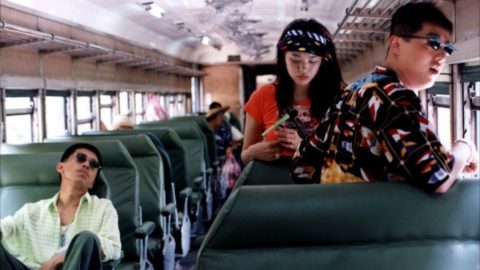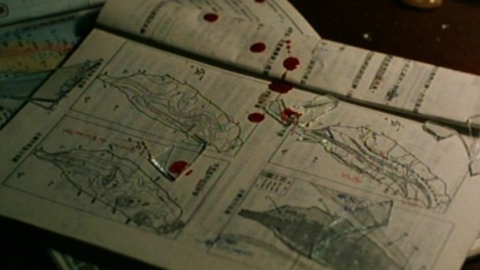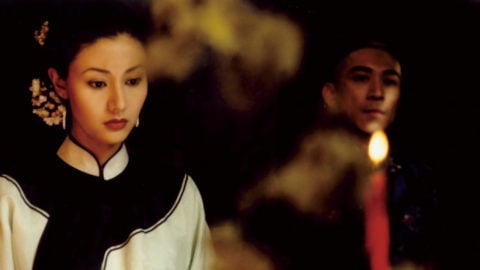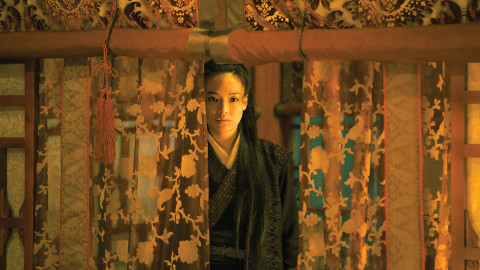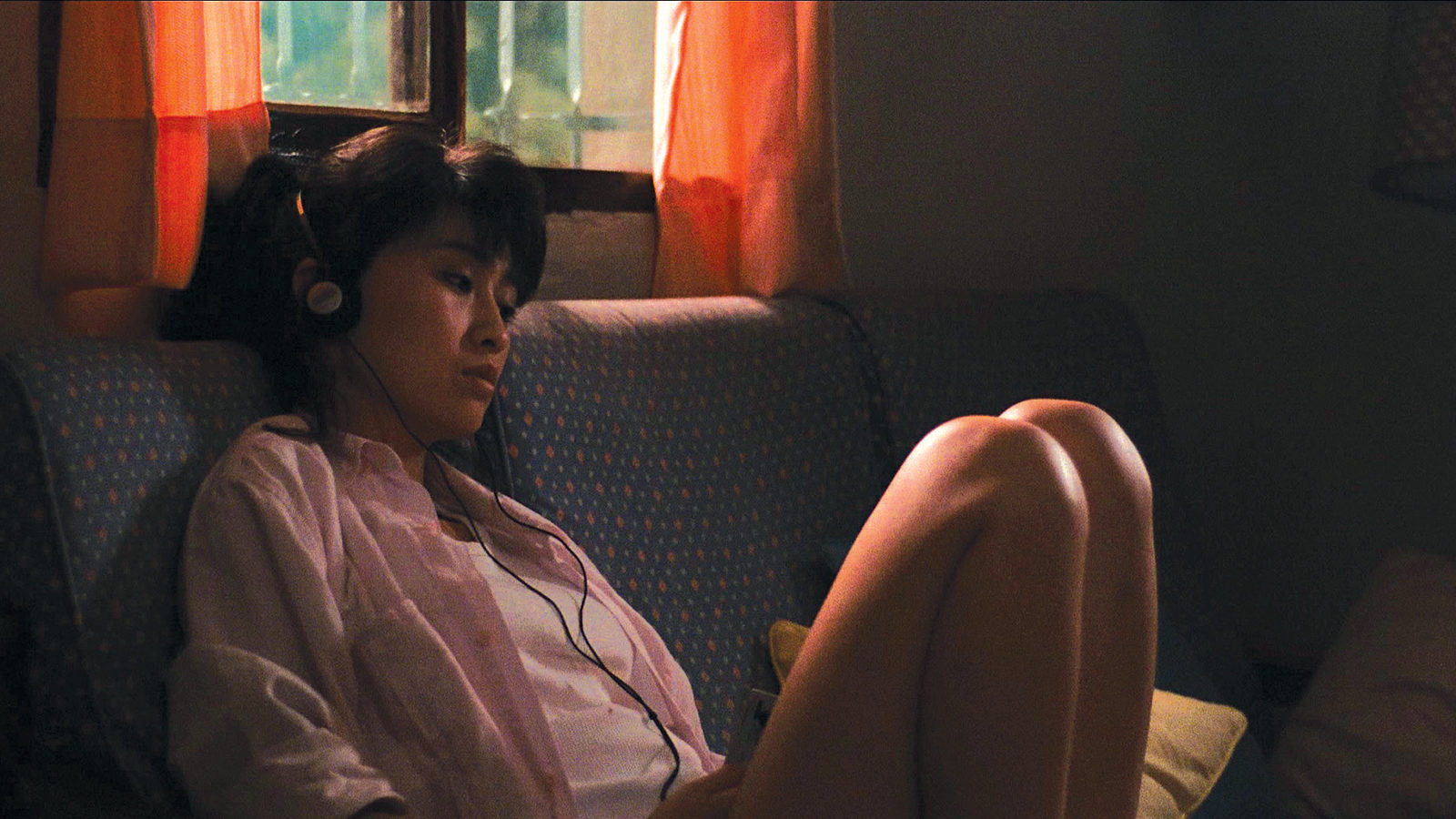
Review: Daughter of the Nile
At a time when Taiwan was being hailed abroad for the stability of its economy and its status as a nascent democracy, the island’s capital was entering international art-cinema consciousness as an emblem of oppressive industrialization—an inferno of neon lights, American fast food, and soulless architecture. Hou Hsiao-hsien arrived at Taipei as a subject a few years after his urbanite compatriot Edward Yang had already established it as a backdrop of social discontent (most notably in Taipei Story and The Terrorizers). But when he finally did, the result was one of the great and most inexplicably underappreciated slow burns of his career, a scabbed wound of a film whose identification with disaffected city youth paved the way for the harsher provocations of Tsai Ming-liang a half-decade later.
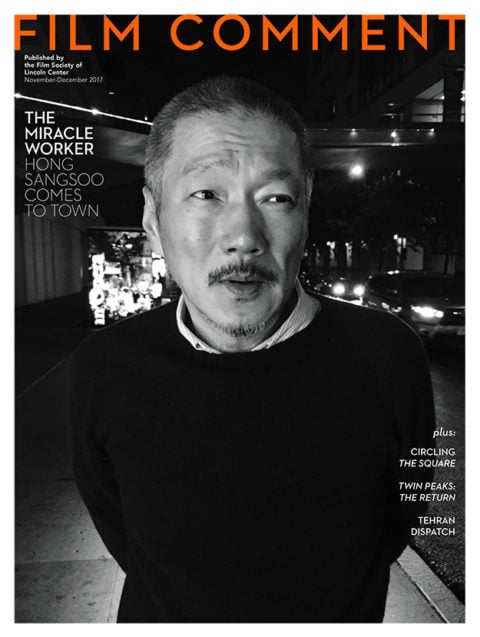
Though a beautiful new restoration, screening in the film’s U.S. theatrical premiere run, is sure to rectify this, Daughter of the Nile has long been appraised as something of a blemish on Hou’s extraordinary 1980s output—a fate brought on in part by the director’s professed displeasure with the final product, which he viewed as a flimsy vehicle for pop star Yang Lin. Made in 1987, the year the Kuomintang government lifted martial law, it also has the misfortune of being deemed “transitional,” dwarfed as it is by its monumental follow-up, A City of Sadness,whose depictions of a brutal episode in Taiwanese history touched a nerve in a new era of political candor and moral reckoning. The closest that Daughter of the Nile comes to making any kind of grand statement is when its heroine, Hsiao-yang (Yang), references the fall of Babylon—a piece of voiceover that Hou had originally intended to lay over images of contemporary Taipei, but, as if to undercut its own portentousness, it’s instead framed as a reading from a comic book.
Like many of the young protagonists of the New Taiwan Cinema, Hsiao-yang would rather be anywhere but here. When she’s not bored at school, she loses herself in an alternate reality fueled by globalized pop culture, listening to her Walkman, working at KFC, or dancing at the club with her friends. Slowly, Hou envelops her in a web of strained family relations. Hsiao-yang’s brother (a smoldering Jack Kao) is a small-time restaurant owner whose life is entangled with a local gang, and her young sister, who seems innocent enough, has already been caught stealing. The three siblings live together in a small house as if on their own desolate island, and are occasionally visited by their lottery-playing grandpa (The Puppetmaster’s Li Tian-lu) and belligerent father (Tsui Fu-sheng), who lives and works down south.
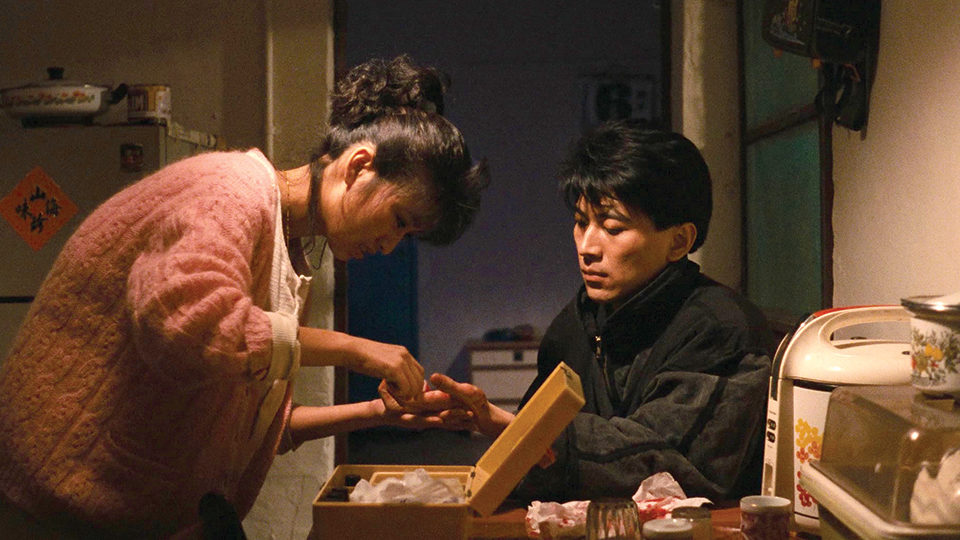
While Hou’s later portraits of urban alienation can sometimes verge on shrill and even a little judgmental (the contemporary scenes in Good Men, Good Women, for instance, or the final chapter of Three Times), Daughter of the Nile is pitched in the director’s quietest register. Violence and tragedy await an alarming number of the film’s characters, but the bad news is often delivered in the haziest of outlines, whispered on a phone call or as a tossed-off comment in a conversation. Certain scenes are suffused with a tenderness that arises paradoxically from how little we know about the people on screen, as when a beleaguered schoolteacher (Wu Nien-jen) abruptly announces it’s his final day of class. And, in what must be the most heartbreaking fart joke in all of cinema, Hou encapsulates Hsiao-yang’s loss in the image of a doorframe, one through which both her wayward brother and her grandfather’s intestinal gas have passed. Hou has employed this light, delicate touch now and again throughout his career, but Daughter of the Nile represents something special: the kind of modestly crafted masterpiece a director makes just before he comes into recognition of his own stature.
Andrew Chan is web editor at The Criterion Collection. He has been contributing to Film Comment since 2008.



